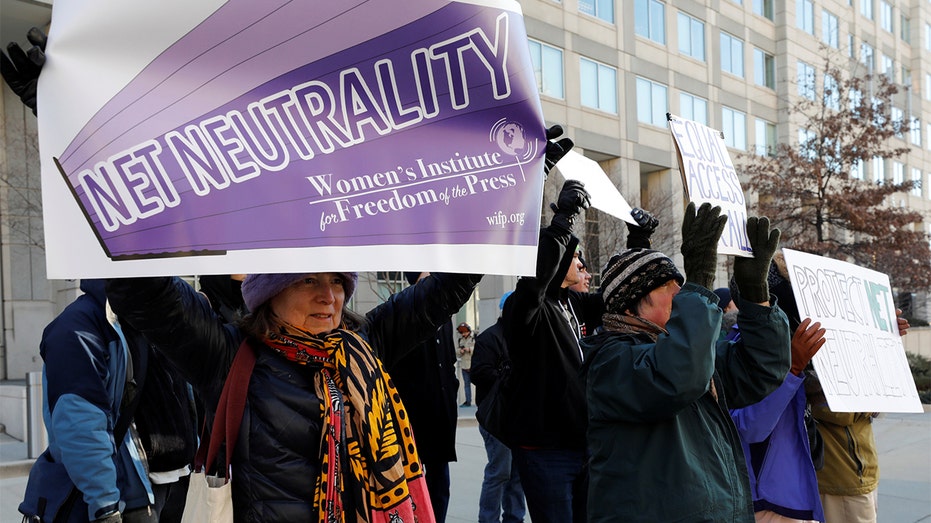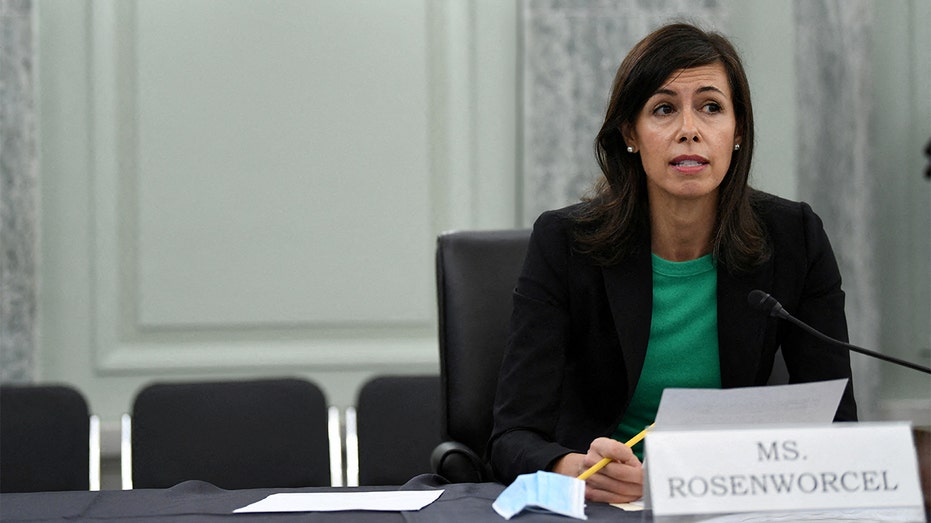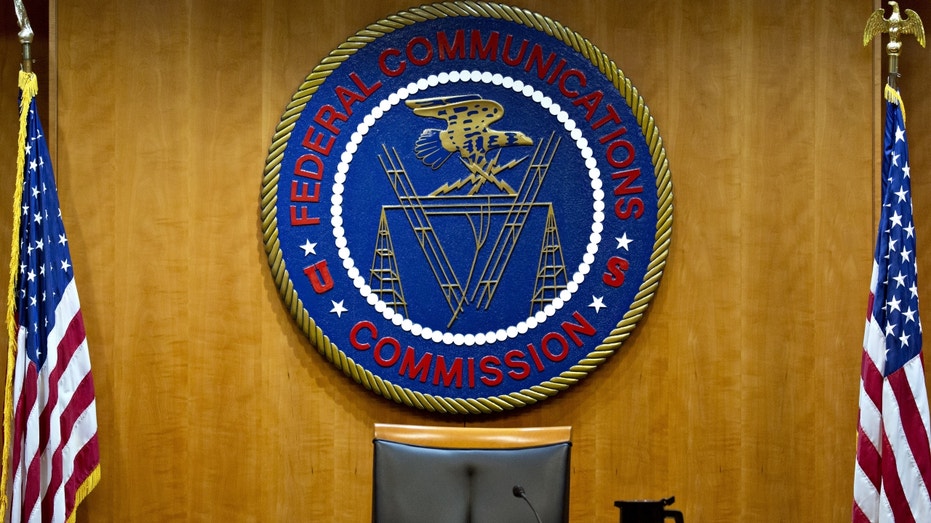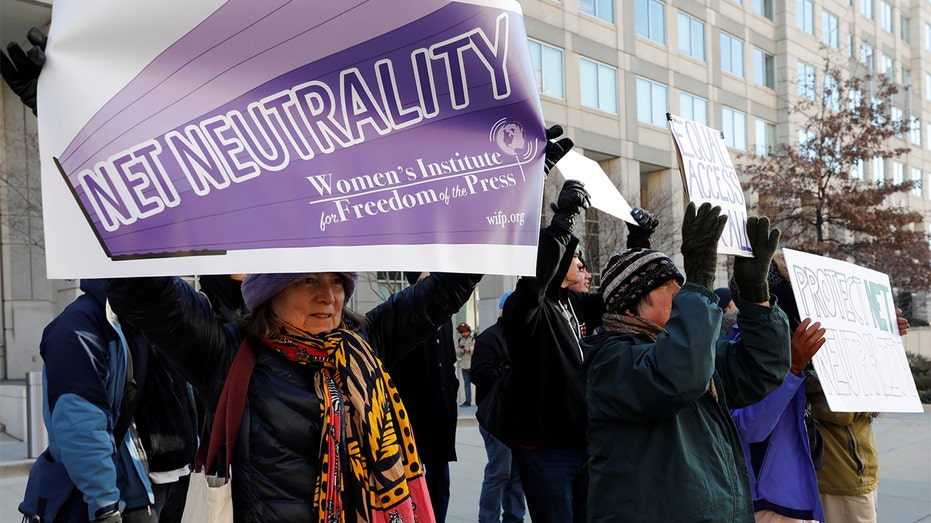Charlie Gasparino on net neutrality
A federal appeals court on Thursday issued a temporary injunction against the Federal Communications Commission’s reinstatement of net neutrality rules.
Net neutrality rules are proposed regulations that would permit the FCC to regulate broadband internet access as a telecommunications service. The rules were first adopted under the Obama administration in 2015 but later rescinded by then-President Trump when he flipped control of the FCC to Republican hands.
Under President Biden, the FCC returned to a majority of Democratic appointees, and the commission voted along party lines in April to resurrect the rules. However, in a blow to the Biden administration, the U.S. Court of Appeals for the Sixth Circuit on Thursday said that broadband providers are likely to prevail in a legal challenge and temporarily paused the net neutrality regulations pending these challenges.
“The final rule implicates a major question, and the commission has failed to satisfy the high bar for imposing such regulations,” the court wrote. “Net neutrality is likely a major question requiring clear congressional authorization.”
FCC REINSTATES NET NEUTRALITY, FFC COMMISSIONER CARR SLAMS MOVE

Net neutrality advocates rally ahead of Thursday’s expected Federal Communications Commission vote repealing so-called net neutrality rules. (Reuters/Yuri Gripas/File Photo / Reuters Photos)
On July 12, the court had delayed net neutrality rules from taking effect until Aug. 5 as it considered lawsuits filed by broadband providers.
In response to the court’s decision, FCC Chair Jessica Rosenworcel said: “The American public wants an internet that is fast, open, and fair. Today’s decision by the Sixth Circuit is a setback, but we will not give up the fight for net neutrality.”
READ THE COURT ORDER BELOW. APP USERS: CLICK HERE
Net neutrality rules require internet service providers (ISPs) to treat internet data and users equally rather than restricting access, slowing speeds or blocking content for certain users. The rules also forbid special arrangements in which ISPs give improved network speeds or access to favored users.
The rules would bar internet service providers from blocking or slowing down traffic to certain websites, or engaging in paid prioritization of lawful content, as well as give the FCC new tools to crack down on Chinese telecom companies and the ability to monitor internet service outages.
FCC REINSTATING NET NEUTRALITY COULD SLOW INTERNET GAINS: REPORT

Federal Communications Commission Chair Jessica Rosenworcel answers a question during an oversight hearing held by the U.S. Senate Commerce, Science, and Transportation Committee. (Jonathan Newton/Pool via Reuters / Reuters Photos)
Big-tech companies such as Google and Meta, consumer advocates, civil rights groups and Democrats have generally supported net neutrality, arguing that the regulations will keep the internet free and open. Opposed are internet service providers, conservative groups and Republicans, who have argued that the rules are unnecessary, would stymie innovation, would disincentivize private investment and would slow gains in internet speeds.
FCC Commissioner Brendan Carr, a Republican appointee who opposed the measure, previously told FOX Business the rules are a “power grab, plain and simple.”
GET FOX BUSINESS ON THE GO BY CLICKING HERE

The Federal Communications Commission seal hangs inside a meeting room at the headquarters ahead of an open commission meeting. (Andrew Harrer/Bloomberg via Getty Images / Getty Images)
“My concern is that there’s no reason for the government to go down this path of granting itself more powers to second-guess all the decisions about the internet functions,” Carr explained. “So my worry is that it’s a power grab without any need or justification, and it’s very difficult to predict the harms that could ultimately flow from that.”
Carr noted that many of the concerns expressed by net neutrality’s supporters in the lead-up to the regulation’s 2017 repeal didn’t come to pass, and so the advocates for the rule’s reinstatement have shied away from advancing those arguments in the latest debate over broadband internet regulation.
GET FOX BUSINESS ON THE GO BY CLICKING HERE
“A lot of people will remember the last time we went through this net neutrality debate back in 2017, and when we repealed the net neutrality rules that were in place, everybody predicted the end of the internet as we know it. People said you would get the internet one word at a time,” he explained. “And obviously, the exact opposite has happened — speeds are up multiple-folds, prices are down in real terms.”
Carr had predicted that the courts would ultimately overturn net neutrality after considering legal challenges from broadband providers.
FOX Business’ Eric Revell and Reuters contributed to this report.
